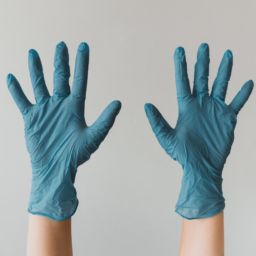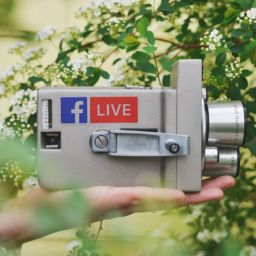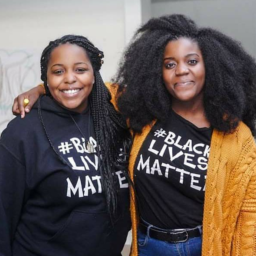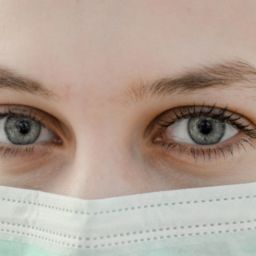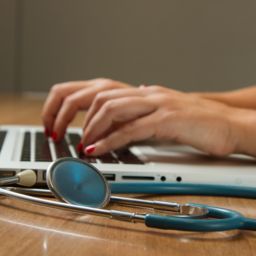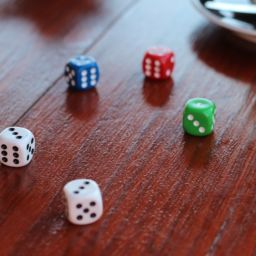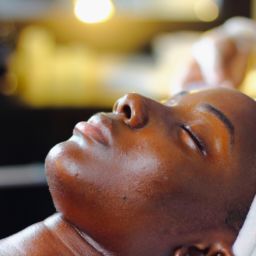
120 days and counting. That’s how long my body has had to fight on its own. I’m a part of a group impacted by COVID-19 who have been calling themselves the “long-haulers.” Sick for far more than the two weeks we’ve all heard about since the pandemic took hold. Not sick enough to be admitted to the hospital or placed on ventilators; our illness is labeled as mild.
Well, I’m here to tell you all it is not mild. Not even close. While I’m nearly recovered, I’m still not able to live my life the way I did before getting sick last April.
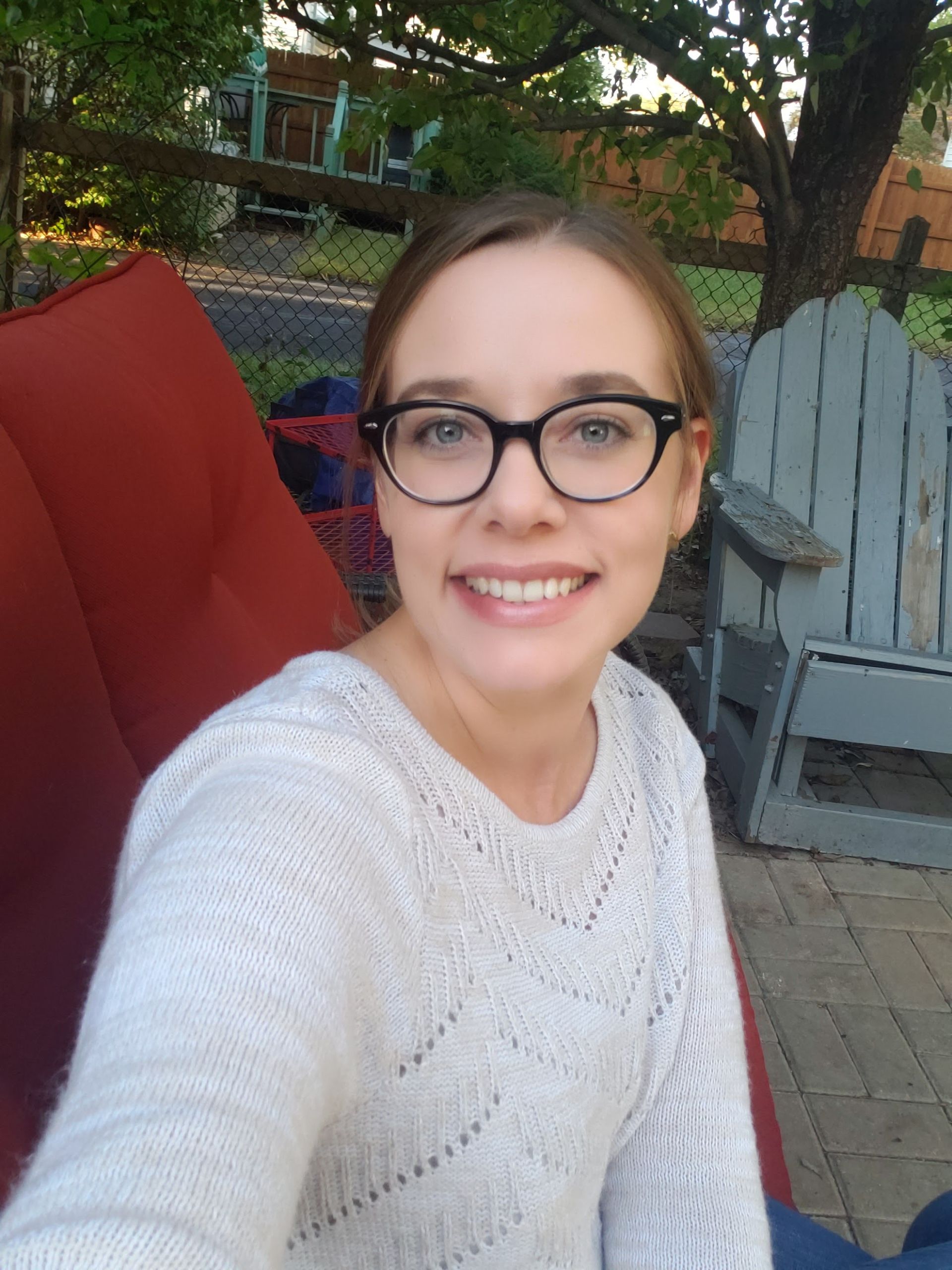 When my symptoms started in mid-April, they didn’t match the typical COVID-19 case that healthcare providers were screening for. I had chest tightness and heart palpitations. I initially felt that they were triggered by food, which immediately had me thinking about heart disease due to family history. So, I started tracking my diet even more closely than normal. I wrote down everything I ate and logged symptoms as they related to meals. Then they became constant. What I ate didn’t matter. My chest was hurting and my heart was racing, even while resting. I called my primary care physician and made an appointment for the following day. They screened me at the door, the first of many to come. I had blood drawn and what I call a mini-EKG in-office. I was told to isolate at home, monitor symptoms, received an order for a chest x-ray, and a referral to a cardiologist. I was on my own.
When my symptoms started in mid-April, they didn’t match the typical COVID-19 case that healthcare providers were screening for. I had chest tightness and heart palpitations. I initially felt that they were triggered by food, which immediately had me thinking about heart disease due to family history. So, I started tracking my diet even more closely than normal. I wrote down everything I ate and logged symptoms as they related to meals. Then they became constant. What I ate didn’t matter. My chest was hurting and my heart was racing, even while resting. I called my primary care physician and made an appointment for the following day. They screened me at the door, the first of many to come. I had blood drawn and what I call a mini-EKG in-office. I was told to isolate at home, monitor symptoms, received an order for a chest x-ray, and a referral to a cardiologist. I was on my own.
Later that week my symptoms expanded. I had a low grade fever, chills, light-headedness, nausea, and fatigue. I didn’t sleep much. My fever broke late on a Friday. I called my doctor’s office back. I was told that since I didn’t have a fever and a dry cough, I shouldn’t get tested. Test results were coming back with a false negative without those symptoms and they didn’t want me to get a false sense of security. I was told to continue isolating at home and monitor symptoms. I was on my own.
Waiting weeks for the blood test and chest X-ray results, they all came back clear. “Great!” I first thought. No diabetes, no heart issues! But…I was still experiencing symptoms. I knew something was wrong; I knew I was sick. As the respiratory symptoms continued, COVID-19 tests still weren’t available and I was continually told to stay at home and monitor my symptoms. I was on my own.
While I’ve never been able to determine why I’ve been sick for so long; I found the support and resources I needed to properly recover.
After three weeks, I was fairly certain I had the virus and decided to tell my family. I didn’t want to tell them when I was first sick and worry them prematurely. Besides, I had to be nearing the end, right? That’s what everyone was saying. Two weeks and you should be good. That wasn’t the case. After four weeks, my only remaining symptoms were headaches and a sore throat. I did some light yardwork on Friday and Saturday morning. Cue relapse No. 1.
After working in the yard Saturday, I took a shower. I was more tired than normal and felt my forehead was warm to the touch. Before I knew it, I was more fatigued than I could recall and my fever had returned. Saturday turned into Sunday and I was still tired. Not tired. Exhausted. It was hard for me to walk. I shuffled my feet along to let the dog outside. The fatigue continued, accompanied by lightheadedness, chills, and brain fog. Monday at work, a task I normally could have completed in thirty minutes, took me well over two hours. Something was wrong. I had to call my doctor’s office and leave two voicemails before I received a call back days later. The nurse I spoke with was indifferent and dismissive. She wouldn’t schedule me for a visit and told me that if I wanted a test, I could just drive and get one. Drive? Are you freaking kidding me?!? I can’t drive anywhere. I get exhausted microwaving food! And I wasn’t going to put anyone else in a position to get sick by driving me; that’s irresponsible. Plus, a test wouldn’t help me get better. So, I waited to see if I got better. I didn’t.
After one week with the severe fatigue, one of my best friends convinced me I needed to go to the ER. Another best friend was at my home immediately, ready to be my chauffeur. I had to use a wheelchair—the first time of many. Blood was drawn to run tests, again. A few minutes later and the doctor came back in, a smile on her face, “You labs are all normal! So, we’re going to send you home.” Huh? I don’t know if it was from me being so tired or the shock of what I was just told, probably both, but it took me some time to respond. The doctor didn’t think I needed a COVID test. When I pressed for answers about why I was having these symptoms, they were dismissed as casual fatigue sometimes brought on after a viral infection. I was sent home with orders to call my PCP. Yeah, sure…that was going to happen. I went home to nap. I was on my own.
I called the family to tell them. I made arrangements for the dog, because I couldn’t take care of her. I made arrangements to take some time off work. What followed was eight weeks of debilitating fatigue, nausea, brain fog, heartburn, a continuous sore throat, headaches every day in the late afternoon, food intolerance, alcohol intolerance, and sun and humidity intolerance. I was couch-bound for the majority of my days. I had to learn how to manage my limited energy levels. Shuffling my feet to go to the bathroom or to heat up some food in the microwave would leave me exhausted. I’d have to be prepared for 15-30 minutes of sitting down resting after these minimal activities. I couldn’t handle phone calls lasting longer than 10-15 minutes without brain fog. I knew what words I wanted to say, but desperately struggled to verbally communicate them. My heart would begin to race if I sat outside in direct sunlight for more than a few minutes. Showers only happened once every few days; with cool water, the door open, the window open, and with me sitting in the tub. A quick five-minute shower in the past turned to a 45-minute ordeal. I finally found a new GP who was skeptical about why I was sick, but at least listened to me, treated me as a presumed case, and got me reconnected to my cardiologist. It was seven weeks after my symptoms started before I had access and could physically get a PCR test and nine weeks before I was able to get an antibody test. Both came back negative.
It was around this time that I found out I really wasn’t on my own. Thousands of people have reported these persistent symptoms, likely from coronavirus—though scientific studies on this front are lagging at the moment. They are from all walks of life, many who are young, active, and healthy. They got sick and just never got better. They were like me. I was fortunate enough to find and join the Body Politic Covid19 Support Group. This online support group housed on Slack had thousands of people from across the world. As I read the stories, I began to cry because their experiences were identical to mine.
Relapses, fatigue, negative test results, normal blood test results, dismissive providers. Here I was finally able to find support. While I’ve never been able to determine why I’ve been sick for so long; I found the support and resources I needed to properly recover. The burden of feeling alone was almost instantly lifted. As I browsed through the channels, I read story after story that was nearly identical to mine. I was able to engage in discussions with others who, while they had no clinical answers, provided safe spaces for me to vent and ask questions that others scoffed at. I learned how to pace my activity, respect my body’s limits, and recognize triggers. Over time, I’ve gradually improved. I still don’t consider myself back to 100 percent though. I am able to work full-time and have my dog back. I’m functional. I still have to take naps and follow a relatively-strict diet. While I’m working toward recovery, I really have no idea if, or when, I’ll fully recover. I’ve had to accept that I won’t have a proper diagnosis on why anytime soon. Though, there are many theories about what is happening.
COVID-19 patients who were sick of being sick started to do something. We’ve come together in the most beautiful grass roots way to take care of ourselves and be our own patient advocates. Here members have access to over 60 channels. There are community-based channels, symptom-based channels, sharing of resources, webinars, AMAs with experts, yoga sessions, recurring small-group therapy sessions, and the ability to share contact info for empathetic healthcare providers. There is even a patient-led research group who recently published their findings about symptoms, PCR test results, and antibody test results. If you, or anyone you know tested positive, is experiencing symptoms, or are recovering from COVID-19, you can access and participate for free.














